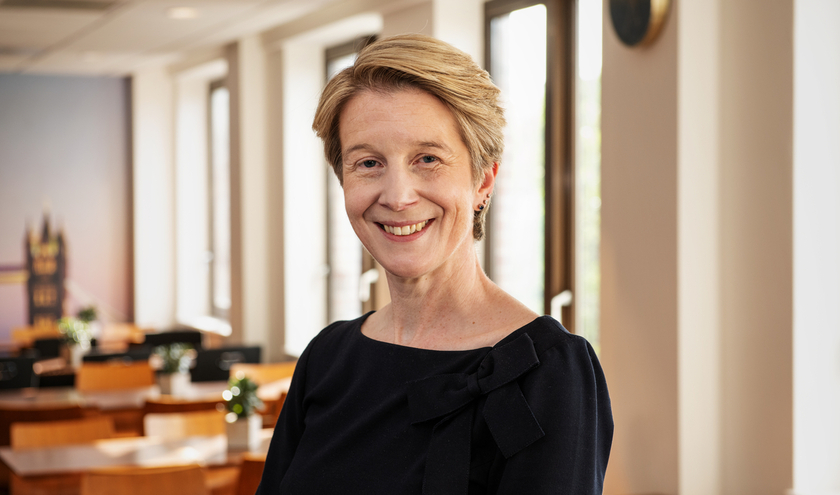The plan to reform elective care for patients, which includes enabling more patients to be referred by GPs directly for diagnostic scans and greater use of the private sector, was revealed by Pritchard during her visit to the RFH on 6 January.
Pritchard was welcomed by Royal Free London group chief executive Peter Landstrom, RFH chief executive David Crampsey and members of the RFH cardiology team.
Crampsey said: ‘I was delighted we could show Amanda the catheterisation lab at the Royal Free Hospital where she made this important announcement about planned care across England.
‘Here at the Royal Free London we are working hard to ensure patients can receive timely care and have organised services to ensure patients waiting for non-urgent procedures can receive them as soon as possible.
‘At Chase Farm Hospital we deliver a high volume of low risk surgery, allowing our other hospitals, including at the Royal Free, to focus on delivering urgent and emergency services, such as cancer care.'
Royal Free London was merged with North Middlesex University Hospital on n 1 January 2025.



